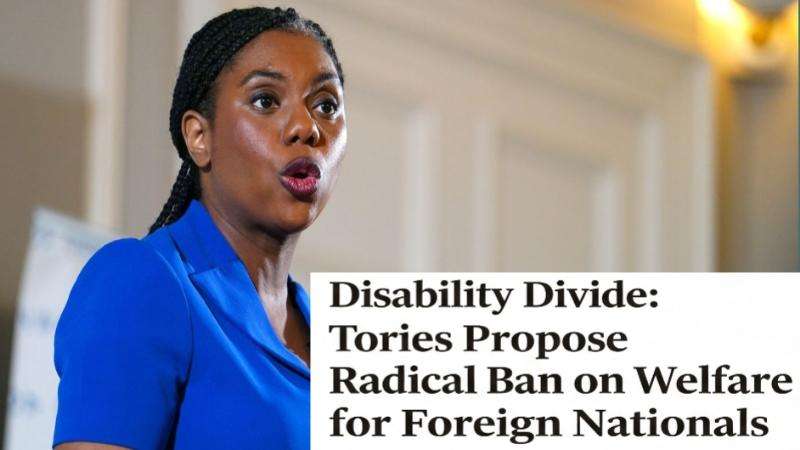HM Revenue and Customs (HMRC) is actively urging millions of families across the UK, particularly those with incomes under £80,000 per year, to check if they are missing out on vital Child Benefit payments. A significant number of eligible parents are currently not claiming, potentially leaving thousands of pounds unclaimed and impacting their future State Pension.
The call comes as HMRC continues to highlight the importance of claiming Child Benefit, even for those who may face the High Income Child Benefit Charge (HICBC). Recent updates to the Child Benefit system mean that more families are now eligible to receive some level of benefit, or at least gain crucial National Insurance (NI) credits.
Key Updates and What You Need to Know:
Increased Threshold for High Income Child Benefit Charge (HICBC): As of April 6, 2024, the income threshold at which the HICBC begins to apply increased from £50,000 to £60,000. This means that if you or your partner (the higher earner) have an adjusted net income between £60,000 and £80,000, you will still receive Child Benefit but will have to pay back a portion of it through a tax charge. For every £200 earned over £60,000, 1% of the Child Benefit received must be repaid. The benefit is fully withdrawn once the higher earner's adjusted net income reaches £80,000.
Child Benefit Rates for 2025/26: From April 7, 2025, Child Benefit rates have seen a further increase. For your eldest or only child, you will receive £26.05 per week (up from £25.60 in 2024/25), totalling £1,354.60 a year. For each additional child, the rate is £17.25 per week (up from £16.95), amounting to £897 a year. Child Benefit is typically paid every four weeks directly into a bank account.
Household vs. Individual Income: It's crucial to remember that the HICBC is based on the individual income of the higher earner in a household, not the combined household income. This means a household with two parents each earning £59,000 would receive full Child Benefit, while a single parent earning £61,000 would be subject to the charge. The government has indicated plans to move to a household income system for the HICBC from April 2026, which would address this disparity.
National Insurance Credits: Even if you earn over £80,000 and your Child Benefit is fully repaid through the HICBC, it is still strongly advised to claim Child Benefit. This is because claiming provides National Insurance credits, which contribute towards your State Pension entitlement. These credits are particularly valuable for parents who are not working or earning enough to make full NI contributions through employment. You'll automatically get NI credits if you claim Child Benefit and your child is under 12.
Digital Claiming and Management: HMRC has significantly streamlined the Child Benefit claiming process. The quickest and easiest way to claim, view, and manage Child Benefit payments is by downloading the free and secure HMRC app or using the online service on GOV.UK. Over 1.2 million parents have already transitioned to these digital services, with more than 87% of new claims now being made digitally. The app allows for new claims, updating circumstances, amending bank details, and adding additional children.
New Digital Service for HICBC (Summer 2025): To further simplify the HICBC, HMRC is launching a new digital service in Summer 2025. This will allow employees liable for the HICBC to report their Child Benefit payments and have the charge collected directly through PAYE (Pay As You Earn) via their tax code. This will eliminate the need for many individuals to register for Self Assessment solely to pay the HICBC, significantly reducing administrative burden.
Backdating Claims: Child Benefit claims can be backdated for up to three months from the date of your claim. Therefore, even if you haven't claimed immediately after a child's birth or a child coming to live with you, you can still recover some past payments.
How to Claim:
To claim Child Benefit, you will need your bank details for payments, your National Insurance (NI) number, and your partner's NI number if applicable. While a birth or adoption certificate is usually required, HMRC can often check birth information if the child's birth was registered in England, Wales, or Scotland. If registered elsewhere, an original certificate will be needed. Do not delay your claim if you don't have all documents immediately, as you can send them later, but backdating is limited.
HMRC is committed to ensuring families receive the support they are entitled to. Checking your eligibility and making a claim, even if you anticipate the HICBC, is a vital step in securing your family's financial well-being and safeguarding your future State Pension.







_3.jpg)
.svg)


